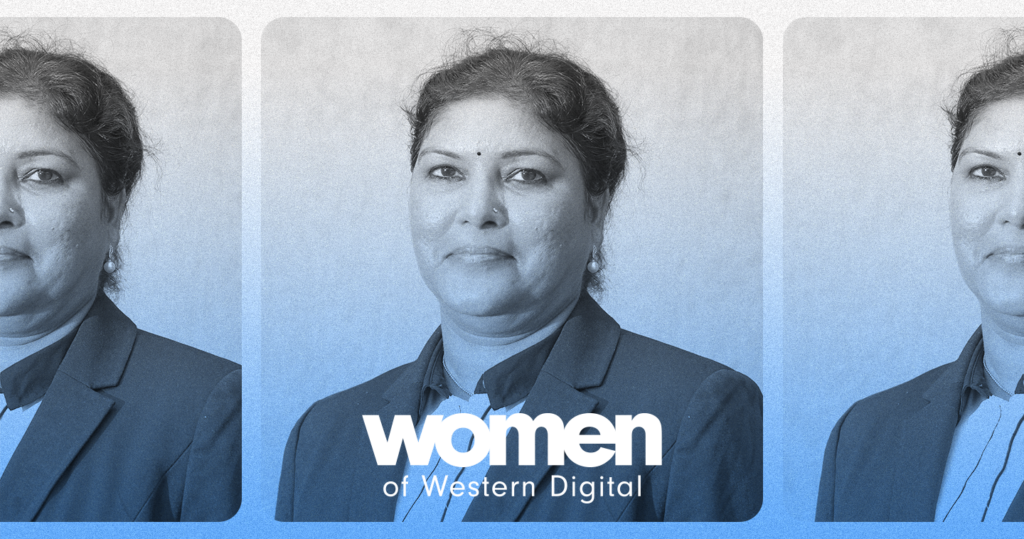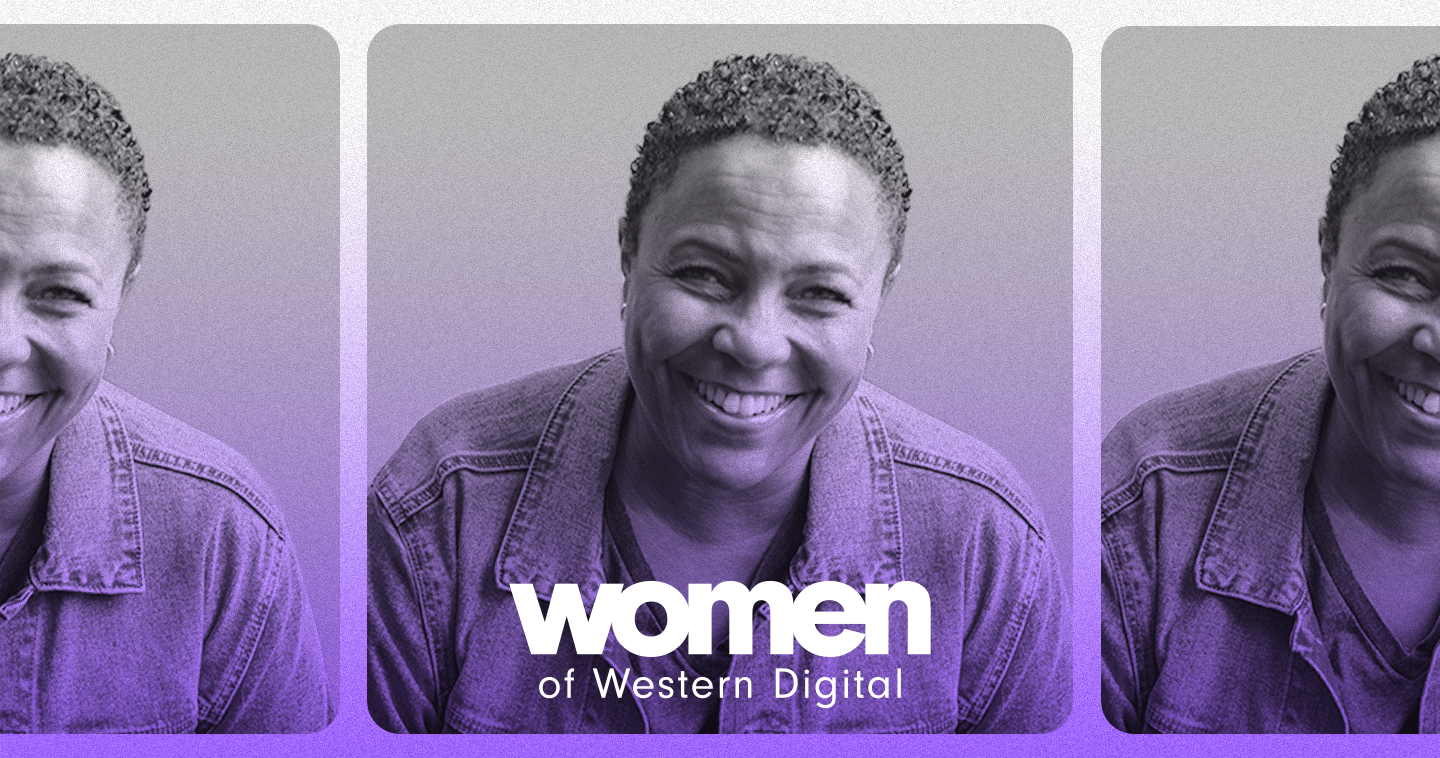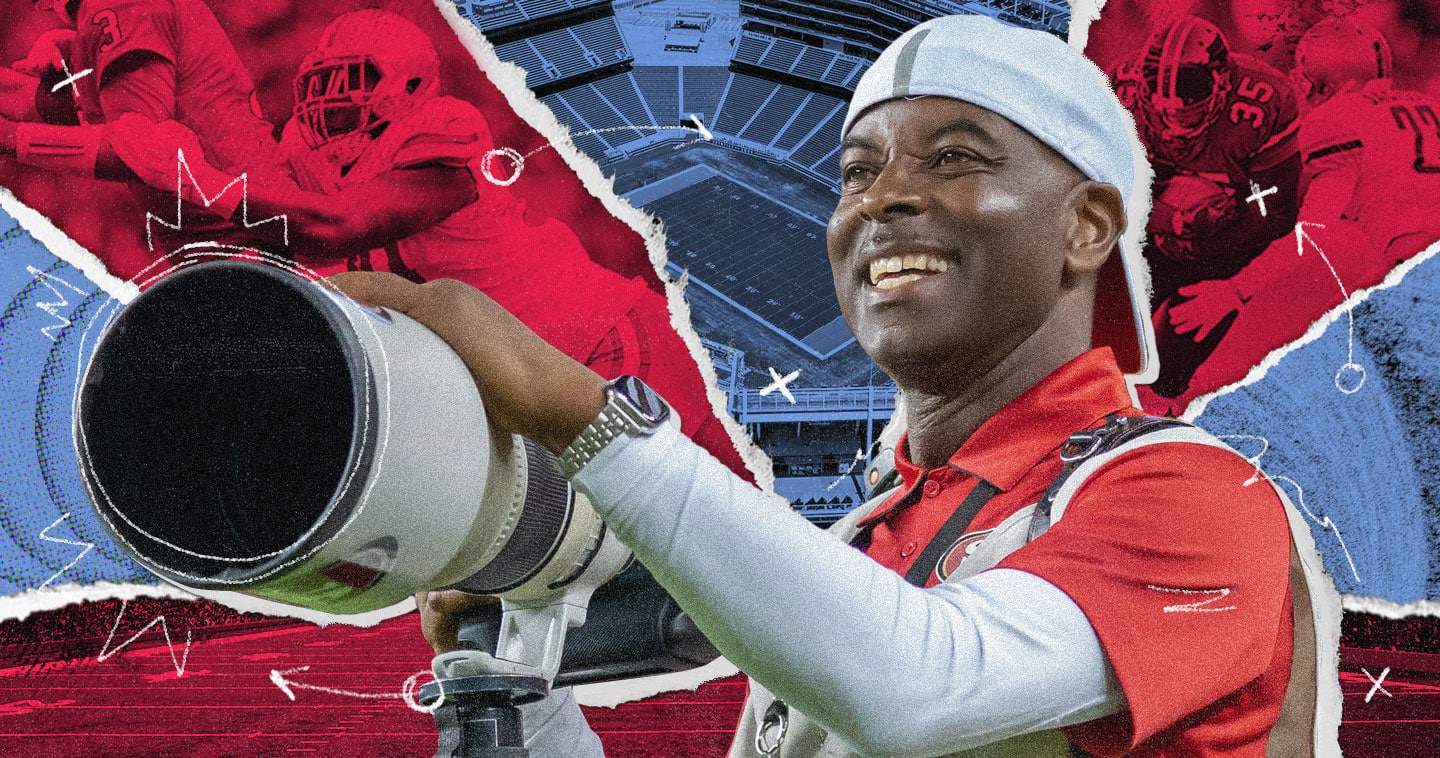At age 18, Kiranmai Pendyala was the kind of student parents in Southern India dreamed of raising. She was whip smart and dedicated, with a bright future in medicine. At the time, medicine was a young woman’s golden ticket to a secure seat in the middle class. But Kiranmai had a secret: she feared blood.
Scared of openly defying her family’s expectations, she sat through the medical school entrance exam. But she failed on purpose. “Without even looking at it, I just marked at random. Some A, some B, some C, some D,” she recalled. After completing the three-hour test in an hour flat, Kiranmai doodled to pass the time.
Her family was shocked when her results returned. They decided it was a fluke, that she would simply take the exam again the following year. Kiranmai realized she was due for an honest conversation.
“My dad was initially horrified,” she said. But after talking through her interests in more depth, he grew comfortable with an alternate path. “He started to dream of me becoming a scientist.”
This is how Kiranmai wound up with an undergraduate degree in biological science. Ever the excellent student, she received a university gold medal for her studies. Still, biology was not the right fit. When she chose to study social science postgrad, her parents were less understanding.
They came around after Kiranmai’s success working for “Vision 2020,” a state-run program to assess and cultivate the employability skills of Hyderabad’s workforce. While the city was home to plenty of technical grads, many of these citizens lacked the communication skills necessary to succeed in a global industry. Vision 2020 intervened to shape Hyderabad into a tech capital.
Kiranmai was recruited for the Vision 2020 team due to her postgrad work. Her thesis studied the effects of computer-assisted language learning on employability skills, a field so new she’d had to import software from the UK to use on borrowed computer time at a technical school nearby. This research proved crucial in implementing Vision 2020’s solution: a virtual institute for tech grads to learn the soft skills (like leadership and communication) required to successfully leverage their degrees.
“Where we come from, we talk about this monkey who we call Hanuman: a god who doesn’t know about his strength. Someone has to tap him and say ‘Hey, you’re capable, you can do this,’” she spoke of the Vision 2020 approach. “It was something like that.”
The plan was hugely successful. Before long, large tech companies like Microsoft and HSBC began investing in Hyderabad, transforming the city into an IT mecca. With this resounding win under her belt, Kiranmai transferred to the world of corporate IT and got to work.

from four months to six weeks while maintaining the same quality of productivity. With her help, Knoah was able to scale its headcount from 250 to 5,000 employees within the first four years of Kiranmai’s tenure.
When she moved on to a regional HR leader role at AMD, she endeavored another major HR gamble: paying trainees to complete their course, an innovative strategy at the time. This practice returned great dividends toward AMD’s talent recruitment, what Kiranmai sees as a key feature of human resources, particularly in tech. “When we talk about an organization’s IP — IP is actually people. Because if you didn’t have people, who would create the IP?” In her eyes, the goal of HR is to map talent strategy in a way that mirrors business strategy.
This creative, forward thinking is ideal for Kiranmai, who is such a rapacious learner she returned to school while working 9-5, this time for a degree from XLRI, India’s top school for human resources management. When asked how she would manage her responsibilities, Kiranmai pulled out a stack of books she had authored. “I make time,” she answered.
Her XLRI education informs how she approaches her current work at Western Digital as India’s head of human resources. Onboarding in 2020 amidst a world adjusting to the coronavirus, Kiranmai had her work cut out for her. She’s met the pandemic with urgency and empathy, devoting a specialized COVID-19 Management Team to assist with employees’ medical needs at the first sign of illness.
In her short time working at Western Digital, her strategic shifts to HR and diversity, equity, and inclusion practices has earned WD a series of accolades, including HR Asia’s 2021 “Best Companies to Work For,” World HRD Congress’ 2022 “Innovative HR Practices” award, and Economic Times’ 2022 “Best Companies To Work for Women.” Additionally, Kiranmai has been recognized by Women Entrepreneur Magazine as one of the “Top 10 Women Leaders in Asia,” and as a “Best HR Leader” by World HRD Congress.
While Kiranmai never became a doctor of human health, she has succeeded in becoming a doctor of organizational health. “Just as a chip is architected by an engineer, the org behavior can be architected by the behavioral scientists called Human Resources.”
She dedicates her doctoral degree to her mother, who embraces her daughter’s decorated career with pride. As for Kiranmai, no accomplishment is enough to rest on her laurels. Besides, it is not her nature to rest. This is why she loves the challenge of her job: tinkering at a global workplace culture. “It’s an enterprise across multiple geographies and you want to create one enterprise mindset. How do you create that? That’s a beautiful challenge.”



